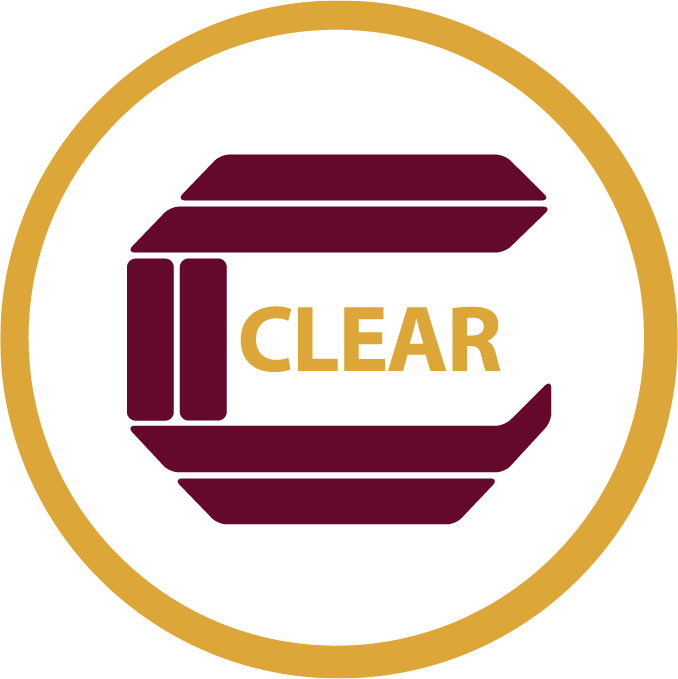Cato Institute report: Does Universal Occupational Licensing Recognition Improve Patient Access?
A recent Cato Institute research brief examines the impact of Universal Occupational Licensing Recognition (ULR) on healthcare access and patient well-being. The study, based on data from 2018 to 2023, analyzes seven states that implemented ULR for physicians, finding that it increased the proportion of people with personal healthcare providers, particularly among older adults, and reduced the number of individuals who did not see a doctor due to cost concerns. Additionally, ULR enhanced physician availability by allowing out-of-state physicians to practice without obtaining new licenses, especially benefiting those from states not participating in the Interstate Medical Licensure Compact. However, the research also indicates that ULR did not lead to an increase in physicians relocating to these states, possibly due to the prevalence of noncompete agreements that restrict physicians' ability to practice in certain areas. The findings suggest that ULR can improve patient access to care and overall well-being by reducing licensing barriers and enhancing the geographic distribution of healthcare providers.
